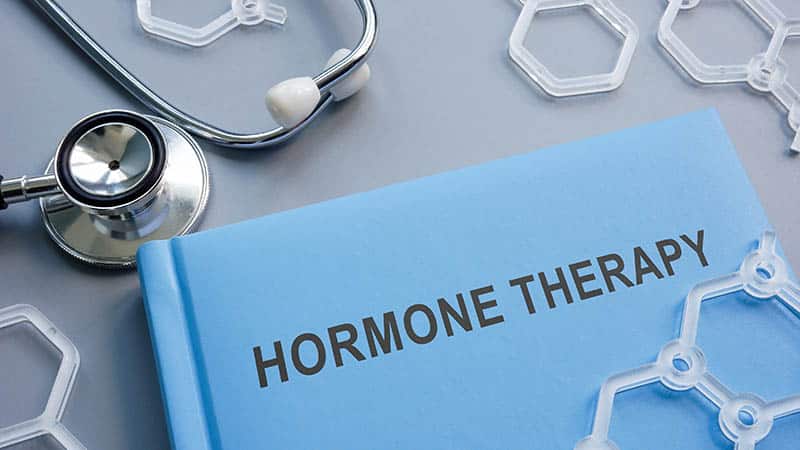HORMONE THERAPY
HORMONE THERAPY

Health and hormones go hand-in-hand. If your hormones are out of balance, you won’t feel well.
Hormonal and metabolic changes are a natural part of aging but, unfortunately, not a positive change. Scientists have clearly documented the adverse effects of hormonal and metabolic decline as the primary contributors to the chronic diseases that impact our heart, brain, and bone health as we age.
Hormones are chemical substances secreted by various body organs that control the function of cells and tissues – everything from metabolism to behavior. Estrogen in women and testosterone in both men and women are important sex hormones that impact everything from energy and sexual desire to bone mass and blood pressure.
Because health and hormones go hand-in-hand, if your hormones are out of balance, you won’t feel well. Here are common signs of hormonal imbalance in both men and women:
- Lack of energy and fatigue
- Reduced sexual desire or sexual performance
- Trouble sleeping
- Reduced mental focus and memory
- Weight gain or loss of muscle
- Hot flashes
How do you know if a hormone imbalance is impacting your energy, sleep, weight, or libido? A simple blood test is all it takes.
At AUI, we offer numerous hormone therapy options for both men and women. It is important you work with your doctor to determine if hormone therapy is right for you.
For Women:
Hormone therapy for women primarily focuses on replacing the estrogen that your body stops making after menopause, helping to improve symptoms like hot flashes, night sweats, vaginal dryness, sleep problems, bone density, and weight gain. For some women, progesterone therapy or testosterone therapy may also be recommended to support reproductive health or boost libido.
Options for hormone replacement therapy include:
- Topical agents such as gels or creams
- Intravaginal gels
- Oral medications
- Bioidentical hormone replacement therapy pellets placed under the skin
For Men:
Hormone therapy options for men primarily focus on replacing testosterone, and is not just limited to elderly patients. Appropriate therapy aims to improve symptoms such as erectile dysfunction, energy levels, mood, sex drive, bone density, muscle mass, and insulin sensitivity. Hormone therapy may also include stimulatory medications to help spermatogenesis, the process by which sperm cell production occurs.
Options for hormone replacement therapy include:
- Topical agents such as gels or creams
- Subcutaneous or intramuscular injections
- Oral medications
- Testosterone pellets placed under the skin
Like all therapies, hormone replacement must be tailored to the individual. Your family history and personal health history of cancer, heart disease, stroke, blood clots, and liver disease will determine if hormone therapy is right for you.
Your provider will determine everything from your dosage and treatment length to establishing regular reevaluation intervals.
Hormone therapy is not suitable for everyone and can lead to increased health risks for some individuals.
For women who have already gone through menopause, there is a limited timeframe for when hormone replacement therapy can be started, and there can be increased risks for women who want to begin treatment after age 60.
For men, age is not as much of a factor, but risks such as worsening sleep apnea, skin reactions, blood clots, and stimulating noncancerous prostate growth have been noted.
At AUI, we are passionate about offering hormone therapy through a disciplined approach in a clinical setting under the careful watch of our extensively trained providers and staff.
PHYSICIANS WHO SPECIALIZE IN
HORMONE THERAPY

STAY IN THE KNOW

What Causes Erectile Dysfunction and How Can It Be Treated? Dr. Dinesh S. Rao Explains
- / Blog, Ocala, FL, Oxford, FL, Videos








